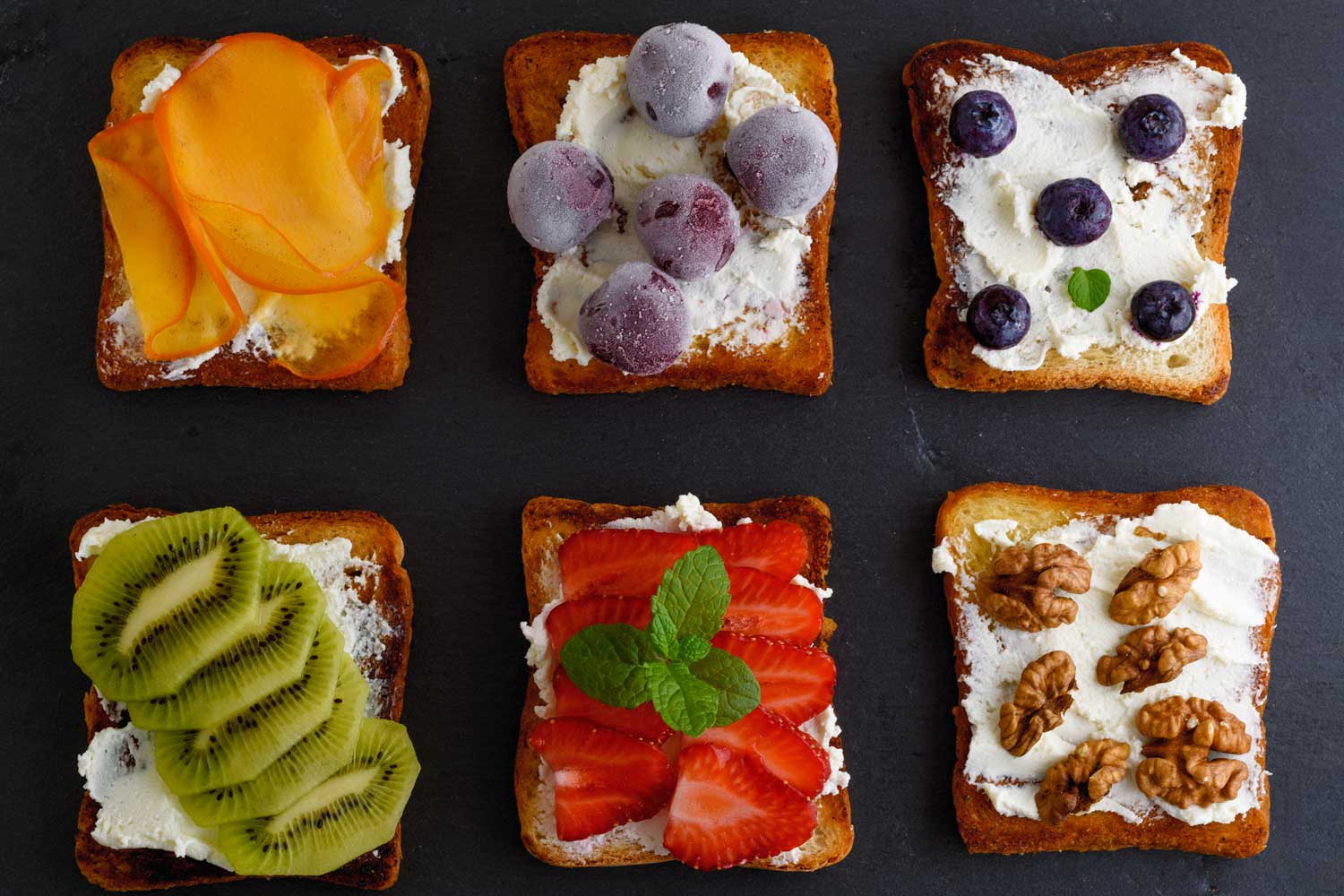
When we want to lose weight, we’re often forced to down foods that don’t really do it for our tastebuds. But that all changes, thanks to a new piece of research.
According to a new study published in the British Journal of Nutrition, consuming cottage cheese before going to sleep can help you lose weight.
The findings suggest that low calorie foods boost metabolism, muscles and overall wellbeing, even while you’re asleep.
While eating before dozing off typically increases the risk of developing excess fat around the waistline, protein rich foods don’t have the same effect.
Eating just two tablespoons of cottage cheese half an hour before bedtime could improve your health and provides a nutritious substitute to sugar-packed snacks.
RELATED: The Amount of Protein That Will Max Out Your Gains
“Until now, we presumed whole foods would act similarly to the data on supplemental protein, but we had no real evidence,” says Professor Michael Ormsbee, from Florida State University.
“This is important because it adds to the body of literature that indicates whole foods work just as well as protein supplementation, and it gives people options for pre-sleep nutrition that go beyond powders and shaker bottles.”
Cottage cheese is packed with a muscle-building protein called casein. Because of it’s slow-releasing characteristics, it can deliver crucial amino acids steadily throughout the night.
For their investigation, scientists recruited 10 active females in their 20s. They participants were given 30 grams of Cottage cheese 30 to 60 minutes before dozing off. Volunteers ate dinner two hours prior.
RELATED: 6 Protein Myths That Are Messing With Your Diet
Researchers measured the resting energy expenditure – the amount of energy used while asleep – of the young women when they woke up between 5 and 8am.
The team found that when participants were given a casein shake just before sleeping, their metabolism was equally as efficient as when consuming cottage cheese.
“These data suggest the metabolic response from whole-food protein do not differ from the metabolic response of liquid protein,” explains Professor Ormsbee.
“While protein supplements absolutely have their place, it is important to begin pooling data for foods and understanding the role they can play in these situations,” adds Samantha Leyh, who was part of the research but is now a research dietitian with the US Air Force.
“Like the additive and synergistic effects of vitamins and minerals when consumed in whole food form such as fruits or veggies, perhaps whole food sources may follow suit.
“While we can’t generalise for all whole foods as we have only utilised cottage cheese, this research will hopefully open the door to future studies doing just that.”














